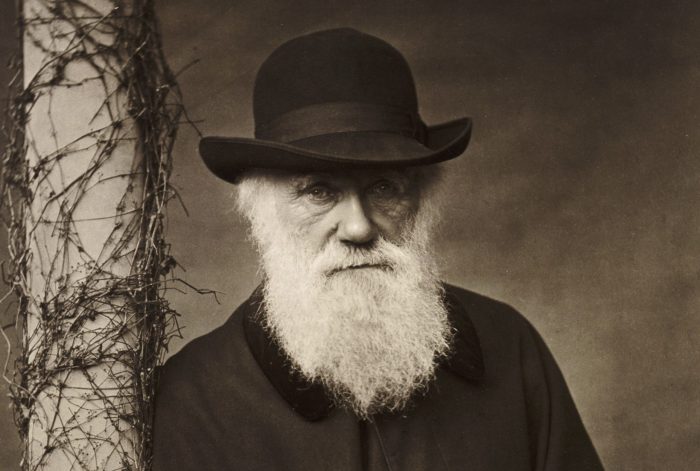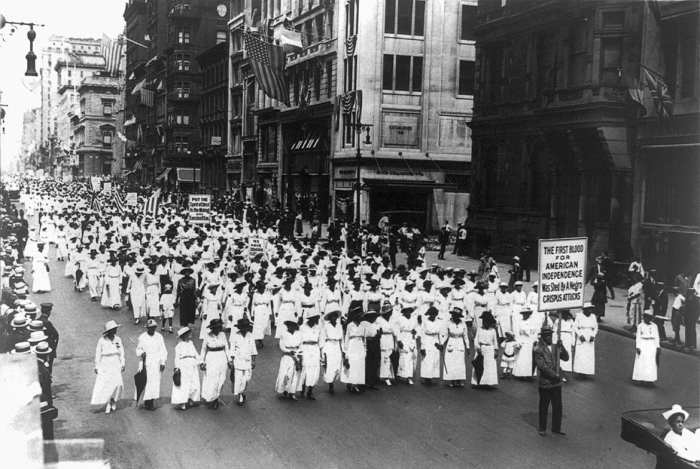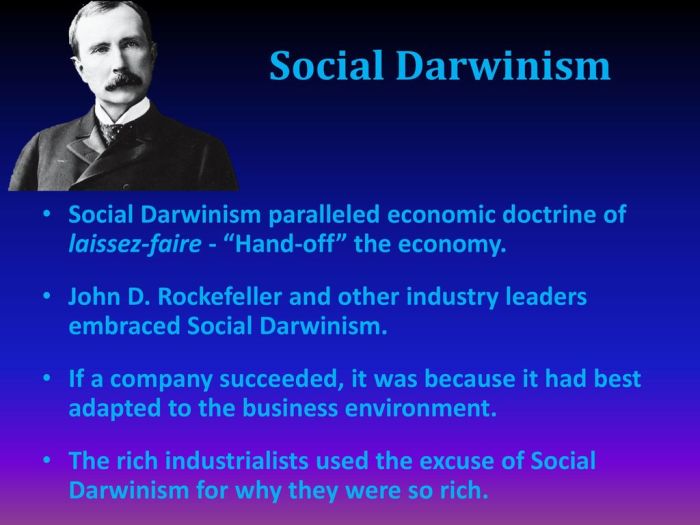Social darwinism vs gospel of wealth – At the heart of American history lies a complex interplay between two influential ideologies: Social Darwinism and the Gospel of Wealth. This essay delves into the origins, principles, and societal impacts of these contrasting yet intertwined concepts.
Social Darwinism, rooted in the theories of Charles Darwin, posited that natural selection applied to human societies, justifying social and economic inequalities as a product of inherent superiority. Conversely, the Gospel of Wealth, championed by industrialists like Andrew Carnegie, emphasized the moral obligation of the wealthy to use their fortunes for the betterment of society.
Social Darwinism

Social Darwinism is a social theory that applies biological concepts of natural selection and survival of the fittest to human society. It suggests that the same principles that govern the evolution of species also apply to human societies, with the fittest individuals and groups rising to the top.
The origins of Social Darwinism can be traced back to the work of Charles Darwin, whose theory of evolution by natural selection revolutionized the understanding of the natural world. Herbert Spencer, an English philosopher and sociologist, is credited with coining the term “Social Darwinism” and applying Darwin’s ideas to society.
Spencer argued that the competition and struggle for survival among individuals and groups were essential for progress and the advancement of society.
Key Proponents
- Charles Darwin: Originated the concept of natural selection and survival of the fittest.
- Herbert Spencer: Coined the term “Social Darwinism” and applied Darwin’s ideas to society.
- William Graham Sumner: American sociologist who argued that social inequality was a natural and beneficial outcome of competition.
- Andrew Carnegie: American industrialist who believed that the wealthy had a moral obligation to help the poor.
Applications in Society
Social Darwinism had a profound impact on society, particularly in the late 19th and early 20th centuries. It was used to justify various social policies and practices, including:
- Laissez-faire capitalism: The belief that government should not interfere in the free market, as competition would naturally lead to the success of the fittest.
- Imperialism: The idea that superior races had a right to conquer and rule over inferior races.
- Eugenics: The practice of selective breeding to improve the human race by eliminating undesirable traits.
Gospel of Wealth

The Gospel of Wealth is a social and economic philosophy that emphasizes the moral obligation of wealthy individuals to use their wealth to improve the lives of the poor and less fortunate.
It originated in the late 19th century in the United States, amidst the rapid industrialization and the emergence of a small but growing class of wealthy individuals. Key proponents of the Gospel of Wealth included industrialists such as Andrew Carnegie and John D.
Rockefeller, who believed that the accumulation of wealth was a sign of God’s favor and that it came with a responsibility to use that wealth for the benefit of society.
Examples of Gospel of Wealth
- Philanthropy:Wealthy individuals donated large sums of money to charitable causes, such as education, healthcare, and social welfare.
- Establishment of Foundations:Many wealthy individuals established charitable foundations to support various causes and ensure the long-term use of their wealth for social good.
- Investment in Infrastructure:Some wealthy individuals invested in infrastructure projects, such as railroads and bridges, which benefited the general public.
Similarities and Differences

Similarities
Social Darwinism and the Gospel of Wealth shared several similarities. Both ideologies emphasized the importance of competition and individualism, and both argued that the wealthy deserved their wealth because they were more fit and deserving than the poor. Additionally, both ideologies justified social inequality as a natural and inevitable outcome of competition.
Differences, Social darwinism vs gospel of wealth
Despite their similarities, Social Darwinism and the Gospel of Wealth also had some important differences. Social Darwinism was based on the belief that natural selection was the driving force behind human evolution, while the Gospel of Wealth was based on the belief that wealth was a sign of God’s favor.
Additionally, Social Darwinism emphasized the importance of individual competition, while the Gospel of Wealth emphasized the importance of philanthropy and social responsibility.
Comparison Table
The following table compares the key similarities and differences between Social Darwinism and the Gospel of Wealth:
| Characteristic | Social Darwinism | Gospel of Wealth |
|---|---|---|
| Basis | Natural selection | God’s favor |
| Emphasis | Individual competition | Philanthropy and social responsibility |
| View of inequality | Natural and inevitable | Unjust and preventable |
Impact on Society

Social Darwinism and the Gospel of Wealth had significant impacts on society, shaping beliefs and influencing social policies.
Social Darwinism
Social Darwinism justified existing social inequalities by arguing that the wealthy and powerful were naturally superior. This ideology reinforced the notion of a “survival of the fittest” mentality, where competition and individualism were seen as virtues.
- Social Stratification:Reinforced class divisions and justified unequal distribution of wealth and power.
- Justification for Imperialism:Used to rationalize the expansion of European empires, arguing that advanced civilizations were destined to dominate inferior ones.
- Eugenics:Led to the promotion of policies aimed at improving the genetic stock of the population, often targeting marginalized groups.
Gospel of Wealth
The Gospel of Wealth promoted the idea that the wealthy had a moral obligation to use their wealth for the benefit of society. This concept influenced philanthropic efforts and social reform movements.
- Philanthropy:Encouraged wealthy individuals to donate large sums to charitable causes, such as education, healthcare, and social welfare.
- Social Reform:Inspired progressive movements aimed at improving living conditions for the poor and working class.
- Educational Opportunities:Supported the establishment of universities, libraries, and other educational institutions.
Comparison and Contrast
While both Social Darwinism and the Gospel of Wealth had an impact on society, their effects were contrasting.
- Social Darwinism:Reinforced social inequalities and justified the dominance of the wealthy.
- Gospel of Wealth:Promoted social responsibility and encouraged philanthropy among the wealthy.
Despite their differences, both concepts shared a common belief in the importance of competition and individual achievement. However, the Gospel of Wealth tempered this belief with a sense of social obligation, while Social Darwinism emphasized the harsh realities of natural selection.
Clarifying Questions: Social Darwinism Vs Gospel Of Wealth
What is the fundamental principle of Social Darwinism?
Social Darwinism posits that the principles of natural selection apply to human societies, leading to the survival of the fittest and the淘汰of the less fit.
How did the Gospel of Wealth influence American society?
The Gospel of Wealth inspired wealthy individuals to donate significant portions of their fortunes to charitable causes, leading to the establishment of numerous educational institutions, libraries, and hospitals.
What are the key differences between Social Darwinism and the Gospel of Wealth?
Social Darwinism emphasizes competition and the survival of the fittest, while the Gospel of Wealth focuses on the moral responsibility of the wealthy to alleviate suffering and promote social progress.
